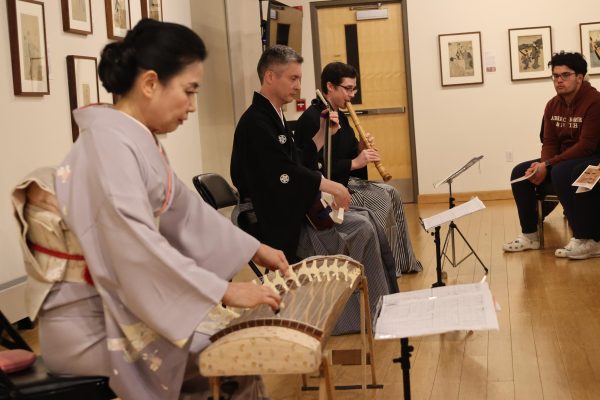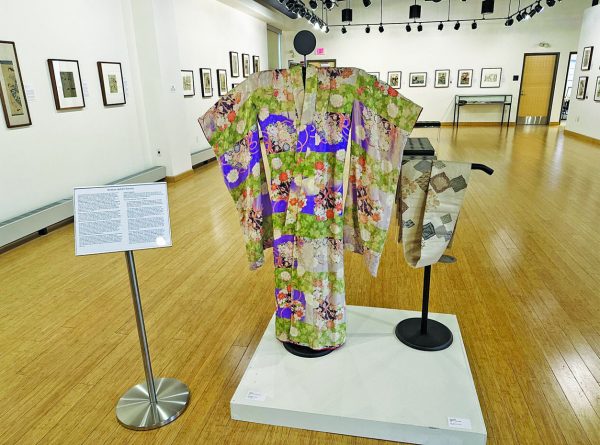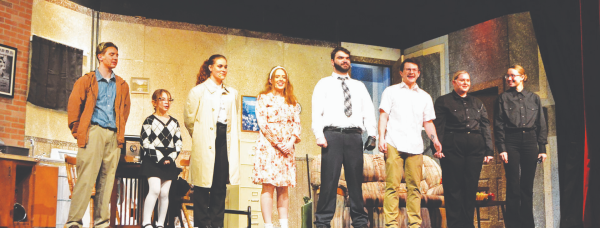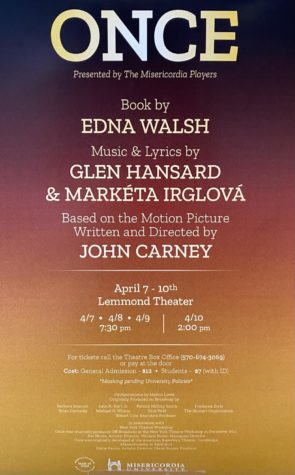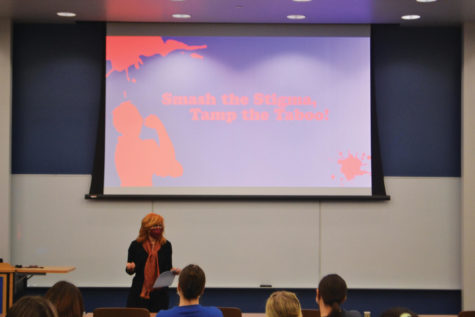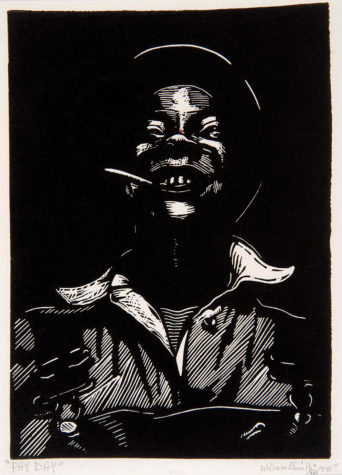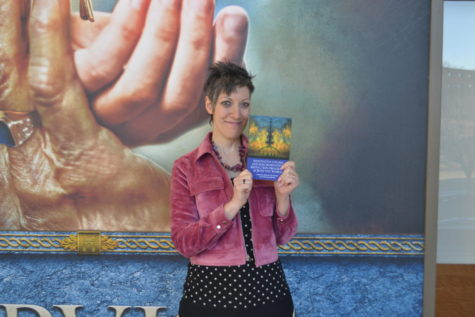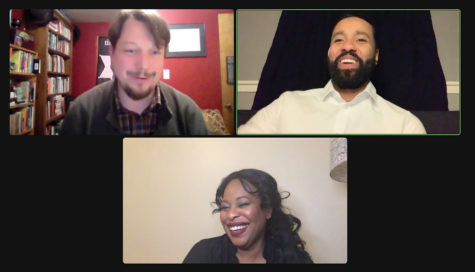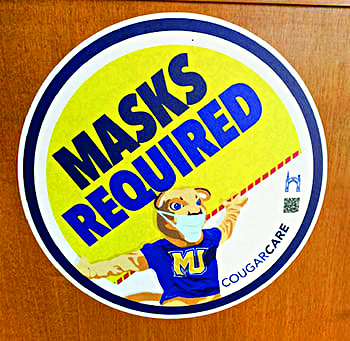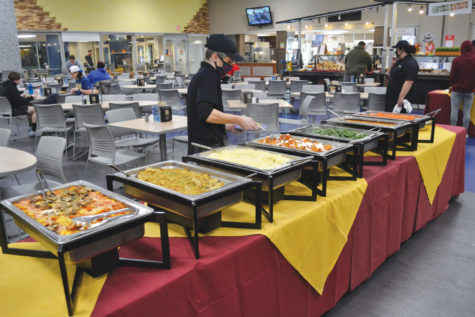In One Ear: Notes From the Local Music Scene
October 18, 2016
I’m only on column four, and I’m already running out of clever ways to lead into everything. Let’s jump right ahead to the meat and potatoes of it all.
Spotlight: The K.L.A.P.
The K.L.A.P. (or Kids Laughing At Pedestrians) is a band Scranton and Dunmore born and bred. The lineup consists of Dom Fortese on lead guitar and vocals, Joseph “Tank” Gruszewski on backup guitar and vocals, Connor Langan on bass and tertiary vocals and Greg Eibach on drums. Fortese summed up the band’s sound simply as, “fun.”
I mentioned in the second column the amount of crossover of artists and bands, and Langan was my example. This is one of three bands he currently plays in as a part of the local scene.
Dom Fortese (or Dom Fortress as I call him, a joke since the time my cell phone autocorrected his last name) related the history of the band. “We were called the Faceless Shadows for a few years. Then once we were able to play 21-plus shows, we changed it to The K.L.A.P.,” said Fortese. Fortese has played his share of bigger stages as well, including FarmAid 2012 in Hershey, though this was more of a brief acoustic set at a Martin guitar area. “I went up and played like four songs in font of maybe 1,000 people,” as Fortese remembers it.
Fortese and Gruszewski also paid their dues on various ‘pay to play’ type shows, where you are given x-amount of tickets to sell if your band wants to play. Whenever tickets were left unsold, they would pay out of their own pockets just to play shows. That is how dedicated they are to their craft.
The band’s most recent release is an album entitled, “905.” The album was actually recorded at “a partially abandoned house,” according to the liner notes. The band currently has no plans for a follow up, though they would like to as soon as possible.
The band plays a healthy mix of covers and originals, a smart plan since there are a lot of venues that only book cover bands. (Not going to write on that further, as it would just get me going on a long tangent no one has time for right now.)
The band’s next show is Oct.29 at the Irish Wolf Pub in Scranton (actually one of my favorite venues in the area, and it has reasonably priced drinks!). The Irish Wolf is also the band’s favorite venue, and the one in which they’re most often found.
The lineup has seen some changes over the past few years, but that’s because, “We need a steady line up, so we unfortunately have constant lineup changes that stop us and hold us back from writing new songs,” said Fortese.
For more info, check out the band’s Facebook, www.facebook.com/theklap570/ and bandcamp accounts, theklap.bandcamp.com.
Looking Back: Wilkes-Barre Jazz Festival, 1951
An interesting note in musical history occurred in Wilkes-Barre, all the way back in 1951. The Cavalcade of Dixieland Jazz was held at what is now the Genetti’s Best Western on Public Square.
Some sources, including the plaque onsite, list the event as the first jazz festival in the country. This would quite literally make it the granddaddy of them all (Cliches suck, but I kinda felt that fit well), a full three years before the first Newport Jazz Festival, which is still held today, and was also a precursor to the more famous Newport Folk Festival.
The story’s all well and good, but it doesn’t appear to be true. An article on NPR’s website lists no less than two jazz festivals that occurred up to 21 years before Wilkes-Barre’s festival. But to me, that does nothing to take away from the history of the event. Not many places in the country were devoting the space and time to jazz in 1951.
The event featured a mix of local and nationally known jazz acts at the time, including an absolute legend in the genre, Duke Ellington himself.
Ellington is sometimes single-handedly credited with elevating the perception of jazz to a higher class of music. He’s one of the foremost names in traditional jazz, with a career spanning over 50 years.
Just this year, the 65th Anniversary of the festival was celebrated at the River Common Amphitheater in Wilkes-Barre, bringing jazz artists from all over to this area to celebrate the history of the event, and just to play to a crowd that wanted to hear jazz.
That’s the true legacy of the Cavalcade of Dixieland Jazz, first held in the Diamond City all those years ago. It wasn’t the first, but it was an avenue for musicians to play, and for fans to listen. That’s all it needed to be.


